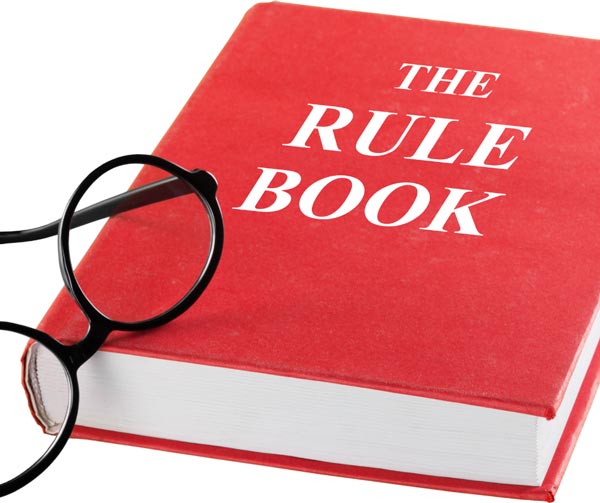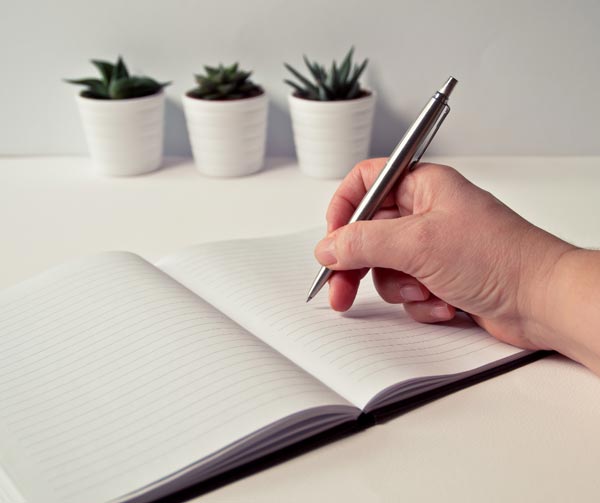No one likes surprises, especially when they’re paying for a service. AirBnB guests appreciate it when hosts provide clear instructions on what is expected of them during their stay. This helps to ensure a positive experience for everyone involved.
In this blog post, we’ll discuss the importance of AirBnB House Rules and offer tips on how to create your own set of rules that will help you deliver a great customer experience.
How to Create AirBnB House Rules
Airbnb House Rules are a set of guidelines that hosts provide to guests before their stay. These rules can cover anything from checking-in and check-out times to noise levels and pet policies. We will dive into specifics below.
Why do AirBnB Hosts need AirBnB House Rules?
There are a few key reasons why AirBnB hosts need house rules.
- First, they help to manage expectations. If a guest knows what is expected of them, they are more likely to adhere to the rules and have a positive experience. This translates to more 5-star reviews, returning customers, and higher profit margins for you.
- Second, house rules help to keep guests safe. By providing clear instructions on things like electrical safety or the use of dangerous chemicals, hosts can help prevent accidents.
- Finally, AirBnB house rules help to protect hosts’ property. By specifying things like no smoking or no parties, hosts can help to avoid damage to their home or rental unit.
What to Include in Your Short Term Rental House Rules
Below are the essentials for your house rules. Keep in mind that when you set up a listing with AirBnB, you will be prompted to include house rules like these and beyond to make sure everyone is on the same page. Make sure these rules are easy to find on your listing and are also printed and posted within the property for reviewing as well.
Establish What is Allowed and Not Allowed in
One of the most important things to include in your AirBnB house rules is a clear list of what is and is not allowed in the rental property. This could include anything from pets to smoking to parties.
Common items to include are:
- No smoking
- No parties
- Only guests listed on AirBnB are Allowed
- No drugs or drug paraphernalia
- No weapons
- Any quiet hours that need to be established
- No food or drinks in the bedrooms
- Turn off light, AC (swamp cooler), and other electronics when out of the home
- Do not rearrange the furniture and treat it with respect
- Report any damages
- Keep track of your keys
- DO reach out for any questions
- Respect others and check-in/check-out times
- Others to consider: Whether you want tenants to wash the dishes, strip used beds, start laundry, take out the trash, etc.
Now, let’s dive deeper into these rules…
Include Check-in and Check-out Times
Be sure to include specific check-in and check-out times in your AirBnB house rules. This will help to ensure a smooth transition for both you and your guests. Typical times are :
Check-in: After 3 pm
Check-out: Before 10 am
If you are flexible with these times, be sure to let your guests know in advance.
Specify Noise Levels and Curfew Hours
It’s important to specify noise levels and curfew hours in your AirBnB house rules. This will help to avoid any misunderstandings or conflict between you and your guests (and any neighbors).
Some hosts choose to have a “quiet hours” policy from say, 11 pm -7 am (for example). Others choose not to allow noise at all after a certain time in the evening. It’s up to you what you want to specify.
Guest Access to the Space
If you are renting a room or space in your own home, let guests know if they will have access to the kitchen and other common areas. If you are renting an entire space, be sure to let them know if any areas are off-limits.
Parking Information
If you have parking available, be sure to include information on where guests can park in your AirBnB house rules. If there is a parking fee, let them know how much it is and where they can pay. If there is no parking, make sure they know that too.
Additional Fees
Will there be any additional fees charged beyond the AirBnB rental fee? Be sure to list any additional fees in your AirBnB house rules. This could include things like a cleaning fee, pet fee, or damage deposit.
Pets
If pets are allowed, be sure to specify what type and how many in your AirBnB house rules. You will also want to let guests know if there are any restrictions on where pets are allowed in the rental property.
Smoking
If smoking is allowed, be sure to specify where guests are allowed to smoke in your AirBnB house rules. If smoking is not allowed, make that clear as well.
Parties
Are parties allowed? If so, how many people are allowed and what is the party curfew? If parties are not allowed, be sure to state that in your AirBnB house rules.
Keys
If you will be issuing keys to guests, be sure to include information on how and where they can pick them up in your AirBnB house rules. You may also want to specify a key return time and date.
Wi-Fi and Electronics
If you have Wi-Fi, be sure to list the password in your AirBnB house rules. You may also want to specify what hours guests are allowed to use electronics (ie TV, computer, etc).
Checking Out
Include information on how guests should check out in your AirBnB house rules. This could include leaving the keys inside the rental property, putting them in a designated spot, or mailing them back to you.
Damages
If guests cause any damages during their stay, be sure to list what they are and how much it will cost to repair/replace them in your AirBnB house rules.
Other Considerations
In addition to the AirBnB house rules listed above, there are a few other considerations you’ll want to keep in mind when creating your own set of rules.
- First, be sure to include any special instructions that will help your guests have a safe and enjoyable stay. This could include things like electrical safety instructions, how to use appliances or electronics, or the use of dangerous chemicals.
- Second, it’s always a good idea to include your contact information in case your guests have any questions or need assistance during their stay.
- Finally, be sure to let your guests know that you are available if they need anything. This is a good way to build rapport and ensure that they have a positive experience and give you an excellent review.
Final Thoughts
Creating AirBnB house rules for a perfect customer experience can help to ensure that everyone has a great time! By specifying what is and isn’t allowed, you can avoid any potential conflicts or misunderstandings. And by being clear on the check-in and check-out times, parking information, and other fees, guests will know what to expect before they even arrive.
AirBnB house rules can help to make your rental property run smoothly – so be sure to create some for yourself! Need help? Skye Management can help you with house rules, listings, cleaning, and beyond. Get in touch! Escape to Southern California with a stay in La Mesa, where charm meets convenience, or unwind in El Cajon, offering comfort and easy access to San Diego’s best attractions. Your perfect getaway starts here!


